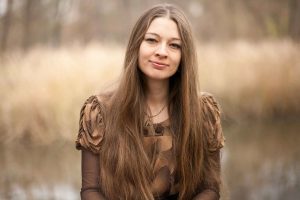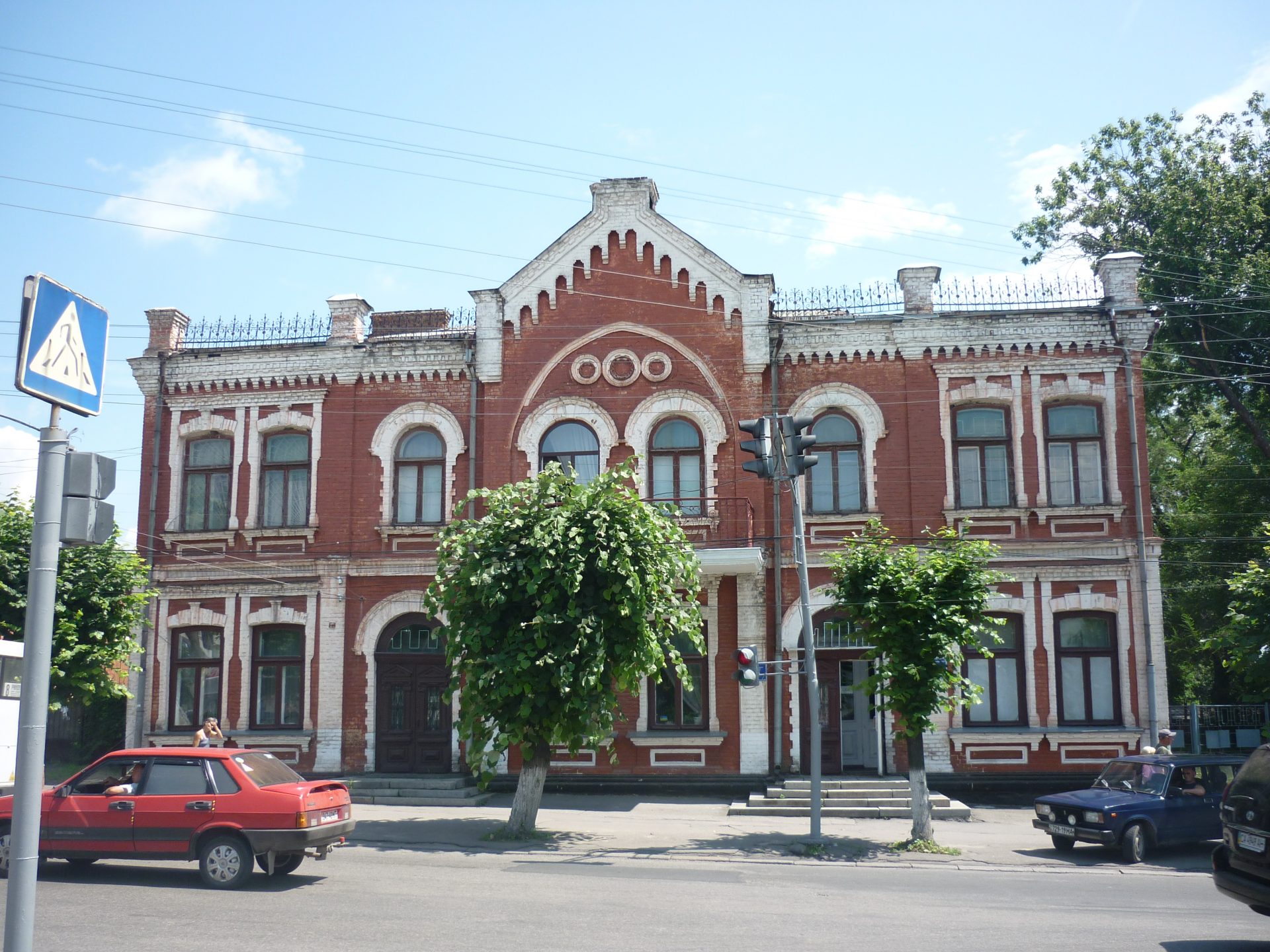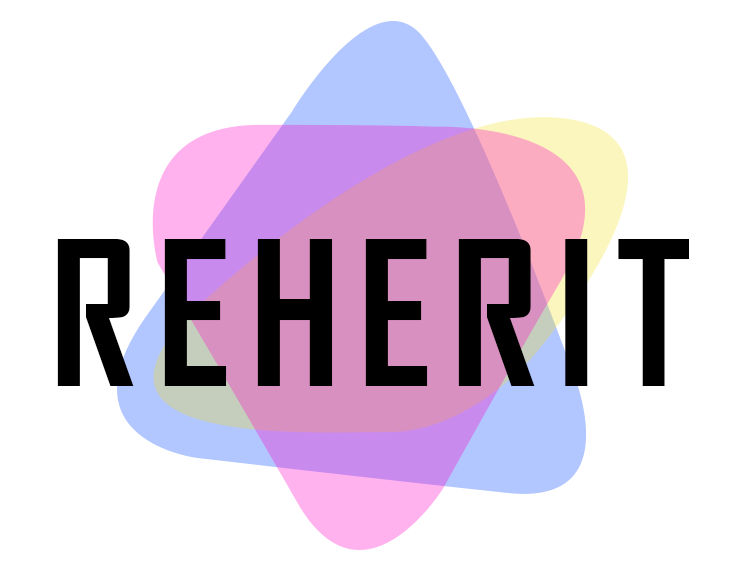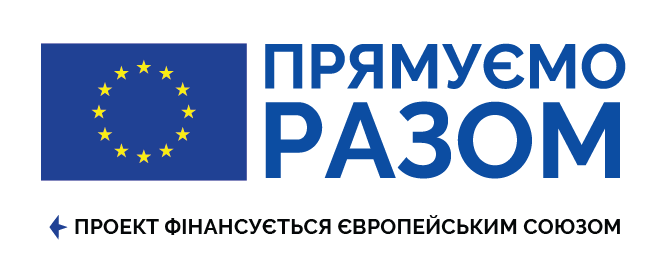Cultural Heritage of Uman: Awareness for Understanding
May 21, 2019
Uman
Cultural heritage of any town is not an abstract сoncept. It implies knowledge and practices, it embraces ideas and objects with people and their memories behind. What does cultural heritage of the town of Uman look like? In the late 2018, and in early 2019, a series of research was conducted: individual and group interviews with local experts, online-surveys of visitors to the city, and a representative survey of Uman inhabitants. What are the challenges faced by people who work with various aspects of cultural heritage on a daily basis? How do they address them and what support do they need? Alla Marchenko presents the findings for a wider audience interested – those who work at schools and universities, museums and libraries, non-governmental organizations, etc.
At the same time, we will talk about what needs to be known by those who plan new initiatives connected to cultural heritage of Uman. What do Uman inhabitants expect from such initiatives? Which events and persons are considered to be most important for the development of the town and what it means? Which historically valuable spaces and objects remain little known? How do Uman visitors see cultural heritage? How can demands of local inhabitants and tourists be satisfied? What may change when we define cultural heritage as common? During the presentation of survey results, we will discuss opportunities for work with common cultural heritage in different expert circles.
The research work is conducted by the Center for Urban History of East Central Europe in cooperation with the Ukrainian Center for Public Opinion Research "Socioinform" and is a part of the project "ReHerit: Shared Responsibility for Common Heritage" funded by the European Union.

Alla Marchenko
is a doctoral student at the program of the Institute of Philosophy and Sociology of the Polish Academy of Sciences (Warsaw). Title of her doctoral thesis: “Comparative Analysis of Hasidic Pilgrimages’ Effects upon the Local Frames of Memory in Poland and Ukraine”. She received her first degree in Sociology in Taras Shevchenko Kyiv National University. She was teaching there at the Department of the Methodology and Methods of Sociological Research at the Faculty of Sociology, for 9 years. Alla has participated in many international projects, such as the Carnegie Research Fellowship Program in New York University, and doctoral workshop in the POLIN Museum of the History of Polish Jews. Alla’s recent publications related to the subject appeared in the journals Contemporary Jewry; Discourse, Context, and Media.
Credits
Сover Image: Uman Museum of Local Lore


